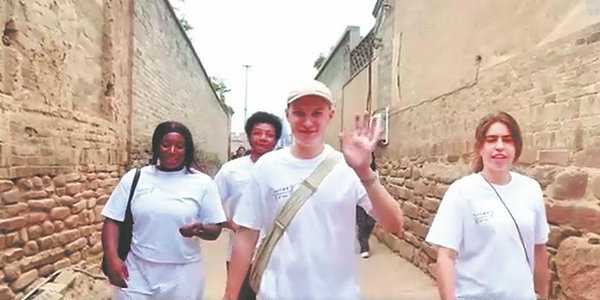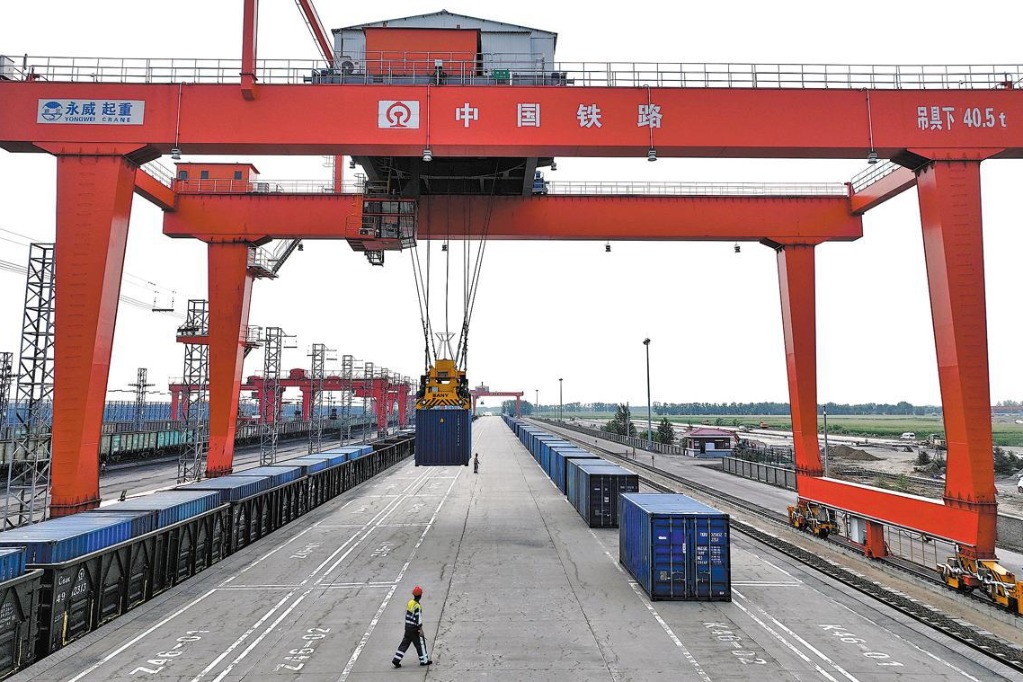China studies connect country with the world

Editor's note: The second World Conference on China Studies convenes in Shanghai from Monday to Wednesday. Zhang Xiping, professor of Beijing Foreign Studies University, told China News Service that it is necessary to explain the global significance of China studies. Below are excerpts from the interview. The views don't necessarily represent those of China Daily.

Sinology is essentially part of Oriental studies, which also includes the study of other ancient civilizations such as Egypt and India. Sinology has helped enhance the global understanding of China, while also making the country aware of its indigenous knowledge.
There are three different types of scholars involved in China studies. There are foreign scholars of China, Chinese scholars who study the country's history and contemporary issues and scholars specifically focused on overseas China studies.
Foreign Sinologists have certain advantages. Many foreign scholars possess multilingual abilities, which give them an edge while studying China's relationships with its neighboring countries. These scholars provide diverse perspectives on China's regional relations, offering valuable insights for domestic research in China.
However, Sinology also has inherent limitations. Researchers in this field often cannot completely detach themselves from their own cultural perspectives, leading to interpretations of Chinese civilization that, while often in agreement with the native Chinese understanding, also have differing explanations. This necessitates a dialogue rather than a confrontation between the different perspectives.
Their communication is crucial because it provides a global perspective for understanding how other civilizations perceive China and contributes to building China's independent knowledge system.
However, this interaction needs to be further enhanced. Chinese scholars need to strengthen their understanding of Western traditions and the evolution of Sinology to better grasp the logic behind China studies in Western countries. They should engage with Western Sinologists and increase their interaction with scholars from countries of the Global South, paying attention to their civilization traits and unique perspectives on China.
It is also important for domestic and overseas scholars to review China's history. The interaction between China and the West from the 16th to the 18th century was one of the rare times in history when two major civilizations engaged in mutual learning, which greatly advanced the development of the economies and learning of both societies. This shows that civilizational exchange can transcend conflict, which in turn can help ease Western anxieties over China's rise and reopen equal dialogues today.
For a long time, narratives of Sino-Western relations have primarily focused on the unequal relationships after 1840. If we restore the complete historical context, it will allow the West to acknowledge the times when it learned from China and enable China to objectively view its own contributions and challenges.
China's rise signifies global institutional changes. Therefore, moving beyond a century of Western admiration and rebuilding China's independent knowledge system becomes all the more crucial. Looking back at history can help Chinese and foreign scholars understand the trajectory of Chinese civilization.
The connection between world China studies and Sinology is not a matter of simple integration. Rather, it is built on the premise of respecting the historical traditions of Sinology and ensuring equal dialogue. This approach absorbs the achievements and strengths of Sinology to create a research system that covers both ancient and modern China and global perspectives.
World China studies not only enable the world to better understand China, but also allow China to refine itself through the examination of other civilizations, promoting deeper global research and civilizational exchange.


































